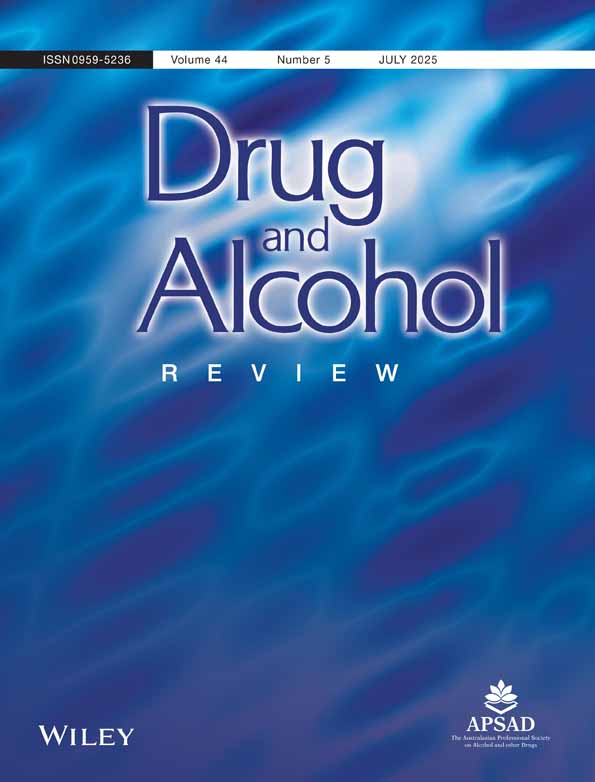Non-advertising alcohol promotions in licensed premises: does the Code of Practice ensure responsible promotion of alcohol?
Abstract
Introduction and Aims. Binge drinking is a major public health issue in Australia, particularly among young people. There has been a considerable focus on alcohol advertising, among both researchers and policy makers, resulting in efforts to bring about some level of regulation of unacceptable advertising practices. However—despite the existence of a Code of Practice for Responsible Promotion of Liquor Products which provides ‘a framework of practices which are considered acceptable and reasonable’ for licensed premises—there are few, if any, data on the nature and extent of promotions which could arguably fall under either ‘acceptable’ or ‘unacceptable’ practices. Design and Methods. Over an 8-week period we monitored promotions offered by licensed venues (pubs, bars and clubs) in the Wollongong central area. Seventeen venues were identified, and each venue was visited daily for 1 week. Trained research assistants took notes on all promotions/events in visited venues, including both manufacturer- and management-initiated. Results. We identified a range of different types of promotions, including low cost and free drinks. Some of the promotions identified could be seen to have a positive public health impact, such as free food and free transport. However, the majority of promotions were of a nature likely to increase the likelihood of excessive drinking. Discussion and Conclusions. It is evident from this review that there are numerous examples of promotions which breach both the spirit and the letter of the Code. It is equally evident that the system for monitoring compliance with the Code is fundamentally inadequate.




